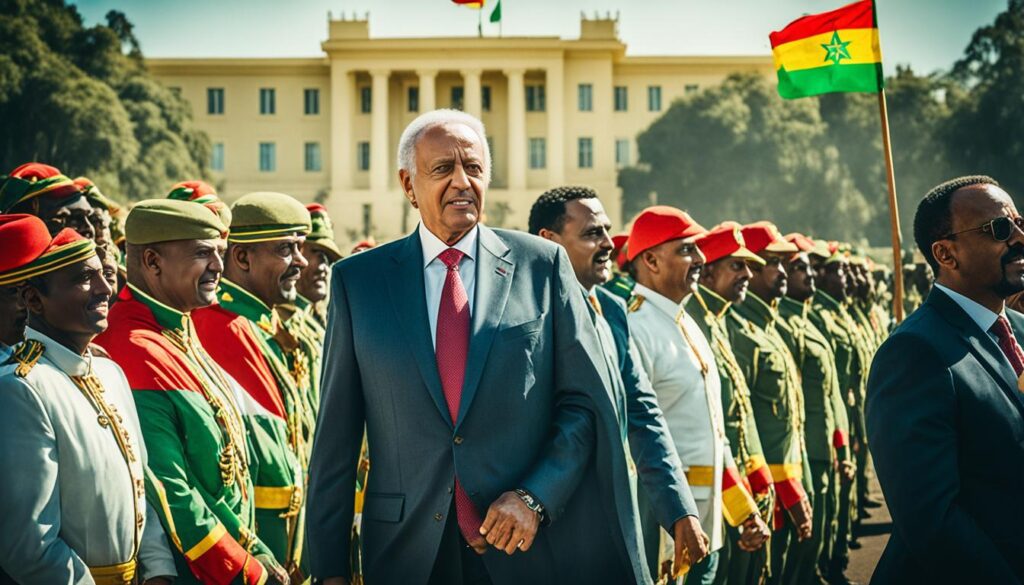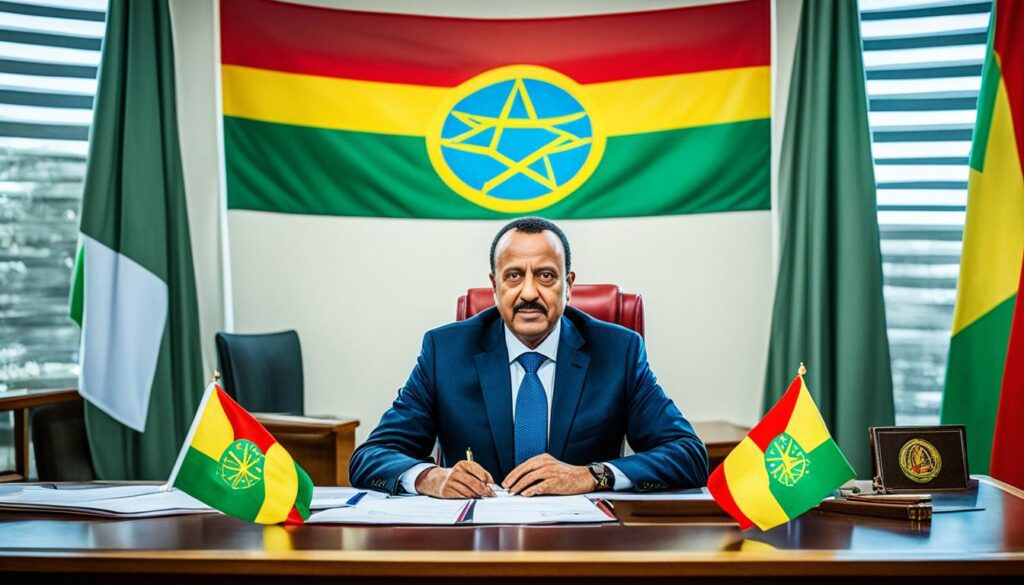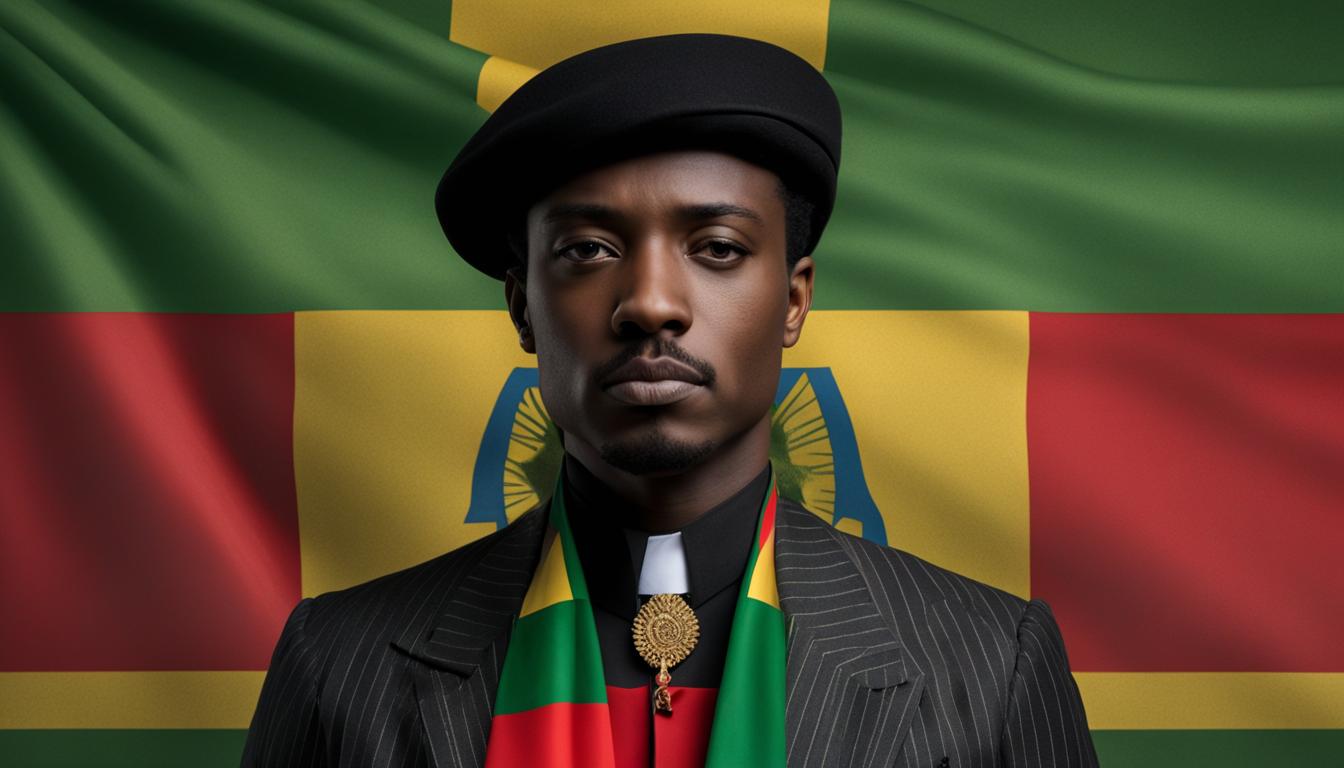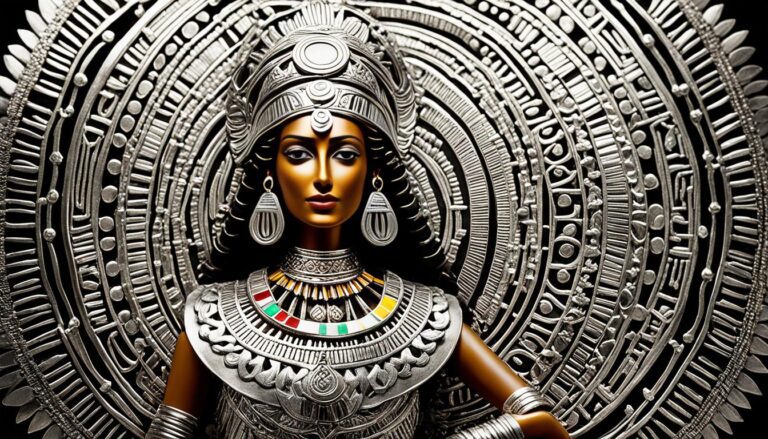Does Ethiopia Have a President?
Did you know that Ethiopia, the second-most populous country in Africa, has a president? While some may assume that Ethiopia’s head of state is a prime minister or another title, the country does indeed have a ceremonial president. Let’s explore the role of the president in Ethiopia and how it fits into the country’s political structure.
Key Takeaways:
- Despite being largely ceremonial, Ethiopia does have a president who serves as the head of state.
- The current president of Ethiopia is Sahle-Work Zewde, who took office in 2018.
- The president’s role includes representing the country domestically and internationally and performing various ceremonial duties.
- Executive power in Ethiopia is primarily held by the prime minister and the Council of Ministers.
- Presidents in Ethiopia are elected for a term of six years by the Federal Parliamentary Assembly.
The Role of the President in Ethiopia
In the Ethiopian political system, the president holds a largely ceremonial role, representing the country both domestically and internationally. While executive power is primarily held by the Council of Ministers and the prime minister, the president plays an important symbolic role in Ethiopian leadership.
One of the key duties of the president is opening and proclaiming laws and international agreements approved by the House of Peoples’ Representatives. This showcases the president’s role as a figurehead in the Ethiopian government structure. Additionally, the president has the authority to appoint the prime minister and ambassadors, further demonstrating their involvement in the political system.
“The president of Ethiopia plays a crucial role in representing the country on the global stage by receiving foreign envoys and engaging in diplomatic activities,” said political analyst Aklilu Ameha.
Another important responsibility of the president is granting pardons, illustrating their influence in matters of justice. Furthermore, as the ceremonial commander-in-chief of the Ethiopian Armed Forces, the president holds a symbolic position within the military hierarchy.
However, it is important to note that despite these ceremonial powers, the president’s executive authority is limited. In Ethiopia’s political system, the Council of Ministers and the prime minister wield significant decision-making power, overseeing the day-to-day governance of the country.
Historical Background of the Ethiopian Presidency

In order to understand the role of the Ethiopian president in the present day, it is important to explore the historical background of the position. The presidency in Ethiopia has undergone significant changes and transformations throughout the country’s history.
Prior to the 1974 revolution, the head of state in Ethiopia was the emperor. The emperor held significant power and played a central role in the government. However, the revolution marked a turning point in the country’s political landscape, leading to the establishment of new governing bodies and the redefinition of the role of the head of state.
Following the revolution, different governing bodies assumed the role of head of state in Ethiopia. These included the Provisional Military Government of Socialist Ethiopia, the People’s Democratic Republic of Ethiopia, and the Transitional Government of Ethiopia. Each of these bodies had its own unique governance structures and policies.
The current political system in Ethiopia is a federal republic, established in 1995. The establishment of the federal republic led to the transformation of the presidency into a ceremonial and apolitical role. While the president still holds the position of head of state, the executive power is primarily vested in the Council of Ministers, chaired by the prime minister.
“The historical background of the Ethiopian presidency is marked by significant changes and shifts in power. From the rule of the emperor to the establishment of a federal republic, the position of the president has evolved over time.”
To gain a deeper understanding of the historical context of the Ethiopian presidency, let’s take a look at the following table:
| Period | Governing Body |
|---|---|
| Pre-1974 | Emperor |
| 1974-1987 | Provisional Military Government of Socialist Ethiopia |
| 1987-1991 | People’s Democratic Republic of Ethiopia |
| 1991-1995 | Transitional Government of Ethiopia |
| 1995-present | Federal Republic of Ethiopia (Ceremonial Role) |
As we can see from the table, the position of the president in Ethiopia has experienced various stages of governance, reflecting the country’s changing political landscape.
Presidential Succession and Powers in Ethiopia

In Ethiopia, the presidency is an important position with significant powers and responsibilities. Let’s explore the succession process and the extensive powers held by the Ethiopian president.
Presidential Succession
When the president is unable to fulfill their duties, such as due to illness, resignation, or death, the Federal Parliamentary Assembly steps in to ensure the continuity of leadership. The assembly designates an acting president who assumes the presidential duties until a new president is elected.
This transitional period allows for the smooth functioning of the government and ensures that presidential powers are not left vacant or unattended.
Powers of the Ethiopian President
The president of Ethiopia holds various ceremonial powers and duties that contribute to the functioning of the government and the representation of the country. Some key powers of the Ethiopian president include:
- Opening the sessions of the Federal Parliamentary Assembly, where important legislative decisions and policy discussions take place.
- Appointing the prime minister, who is responsible for the day-to-day administration of the government.
- Granting pardons, demonstrating the president’s authority to exercise clemency and mercy in certain criminal cases.
These powers, although ceremonial, play a crucial role in maintaining the stability and functioning of the Ethiopian government.
The image above showcases the ceremonial role of the Ethiopian president, representing the country’s leadership and diplomacy.
| Power | Description |
|---|---|
| Opening Parliamentary Sessions | The president opens the sessions of the Federal Parliamentary Assembly, signaling the start of important legislative discussions. |
| Appointing the Prime Minister | The president appoints the prime minister, who holds executive power and is responsible for the day-to-day administration of the government. |
| Granting Pardons | The president has the authority to grant pardons, demonstrating mercy and clemency in certain criminal cases. |
As seen in the table above, these powers further emphasize the ceremonial role the Ethiopian president plays in the government’s functioning.
In conclusion, the Ethiopian president exercises various ceremonial powers and duties, contributing to the stability and functioning of the government. Although the position does not hold executive power, the president’s role is vital in representing the country and maintaining diplomatic relations.
Conclusion
In conclusion, the presidency in Ethiopia holds a ceremonial role within the government structure. While the president represents the country both domestically and internationally, the executive power is vested in the prime minister and the Council of Ministers. The position of the president carries historical significance and serves as a symbol of the Ethiopian government.
However, it is crucial to note that the real political leadership and decision-making authority lie in the hands of the prime minister and the Council of Ministers. The president’s duties mainly involve fulfilling ceremonial obligations, such as opening sessions of the Federal Parliamentary Assembly, appointing the prime minister, and granting pardons.
As Ethiopia continues to evolve and develop, the political landscape may change, reflecting the changing needs and aspirations of its people. This includes potential reforms or revisions in the role of the president. For now, the presidency remains an important institution in Ethiopia, albeit with limited executive powers.







